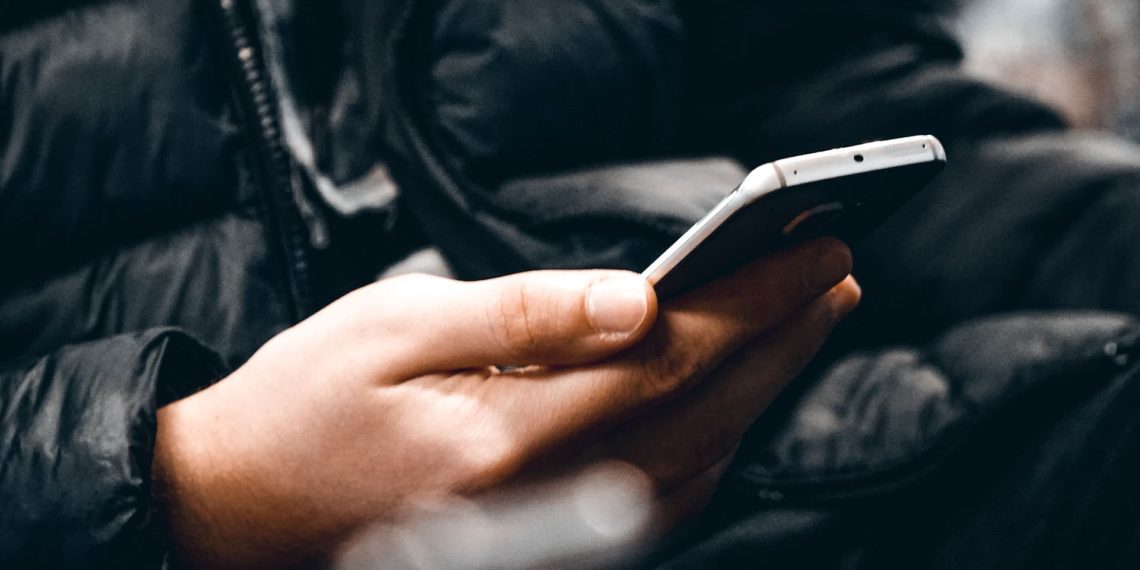Scammers love social media — and it’s not just about fake giveaways. Here’s why your accounts are targeted, and how to protect yourself.
📱 Social Media: Fun, Friendly… and Full of Scams
Social media connects us with friends, brands, and communities — but it also exposes us to cybercriminals who use these platforms to gather intel, steal identities, and run scams.
You don’t need to be famous or rich to become a target. In fact, being active, friendly, and open online often makes you more vulnerable.
So, why do scammers love social media so much? Let’s break it down.
🎯 1. You Share a Lot More Than You Think
From vacation photos to pet names to where you went to school — your profile is a goldmine of personal info.
Scammers use this to:
- Guess your passwords (think: “Fluffy123” or “Springfield1990”)
- Answer your security questions
- Impersonate you in phishing scams targeting your friends or coworkers
Even a quick scroll can reveal:
- Your job
- Your relationships
- Your location
- Your hobbies (used in fake giveaway scams)
💡 Tip: Make your profiles private and think twice before sharing personal details.
👥 2. It’s Easy to Fake a Profile
Creating a fake account takes minutes — and scammers use them to:
- Pretend to be your friend or relative
- Mimic real companies for phishing attacks
- Spread links to malware-infected sites
- Offer fake jobs, giveaways, or crypto investments
These scams rely on trust: if someone you know sends a message, you’re more likely to click.
🧠 Always verify by reaching out through another channel before clicking links or sending info.
💰 3. Social Media Makes Money Scams Feel Legit
Scammers know how to make things look professional:
- Fake investment groups
- Impersonated influencers
- Bogus support accounts (posing as Netflix, Amazon, PayPal, etc.)
You might see:
“DM us to claim your prize”
“We’ve noticed unusual activity on your account…”
“This is a once-in-a-lifetime crypto opportunity”
All designed to trick you into giving up personal data or money.
🚩 Red flag: Any message that asks for sensitive info or payment up front is likely a scam.
🧠 4. People Let Their Guard Down on Social Media
Most people are suspicious of scam emails — but less so of social media messages.
That’s exactly what scammers count on:
- You’re relaxed, scrolling casually
- You trust your feed and DMs
- You’re more likely to act emotionally or impulsively
That’s why romance scams, fake charities, and “urgent” requests thrive on platforms like Facebook, Instagram, and TikTok.
🔓 5. Account Takeovers Are Just the Beginning
If a scammer gets into your account, they can:
- Message your friends to run scams
- Download your private messages and photos
- Change your passwords
- Post harmful or embarrassing content
- Lock you out completely
Sometimes, victims don’t even know they’ve been hacked until it’s too late.
🛡️ How to Protect Yourself
- Use strong, unique passwords (and don’t reuse them!)
- Turn on two-factor authentication (2FA)
- Review your privacy settings — limit who can see your posts
- Don’t overshare — especially birthdays, addresses, or travel plans
- Be skeptical of DMs, even from friends — if it feels off, it probably is
- Report fake accounts or suspicious messages immediately
Social media is supposed to be social — not stressful. But in today’s digital world, it pays to be cautious.
The more you understand how scammers think, the better you can defend yourself and your community.
Stay sharp, stay skeptical, and remember: just because it feels familiar doesn’t mean it’s safe.








